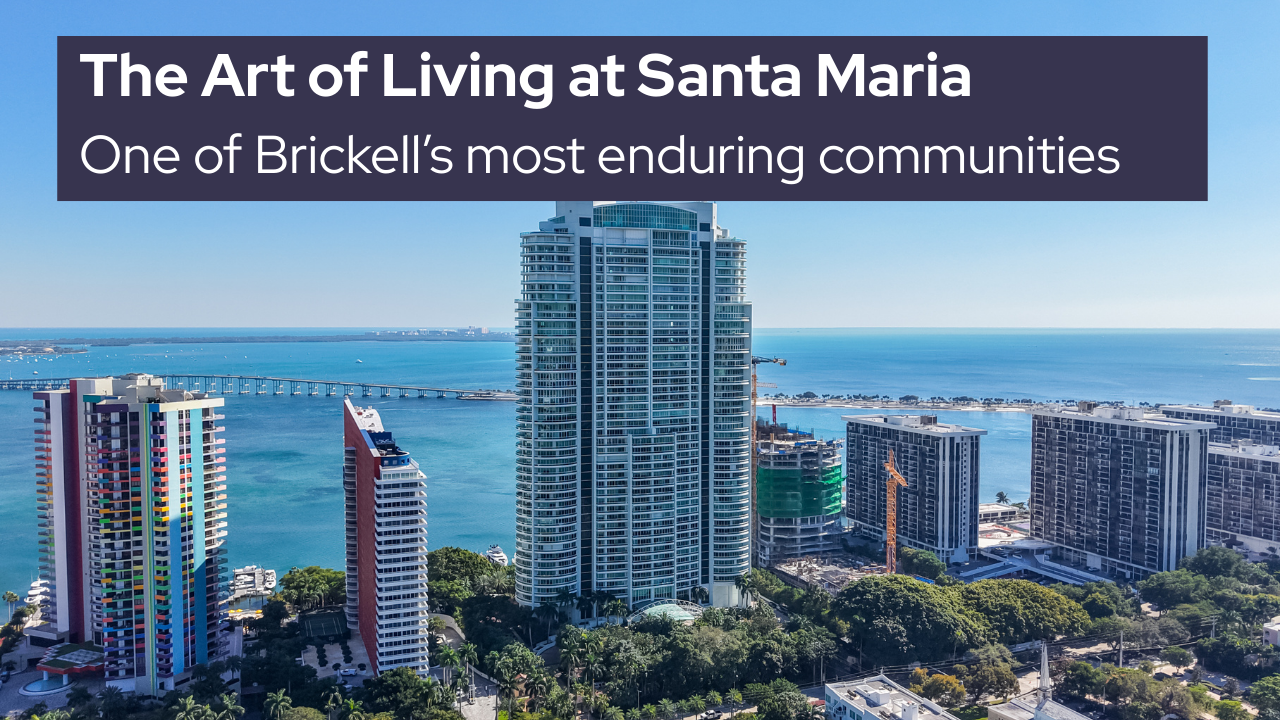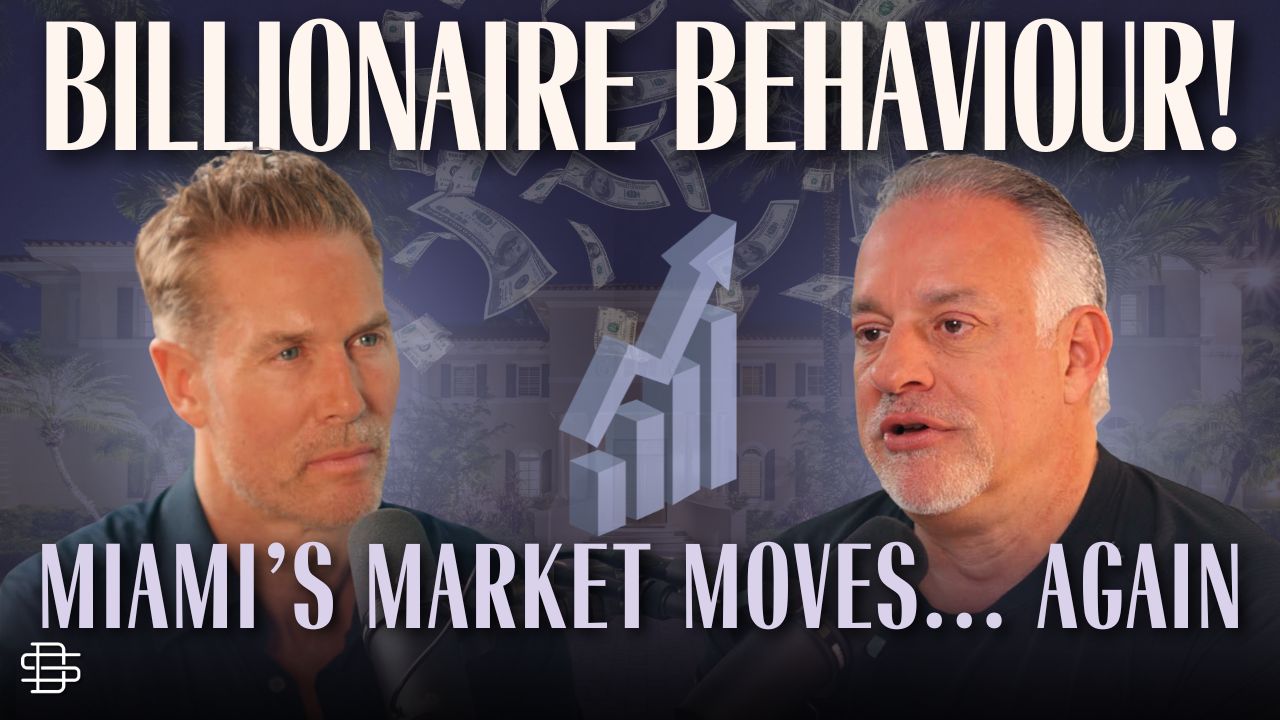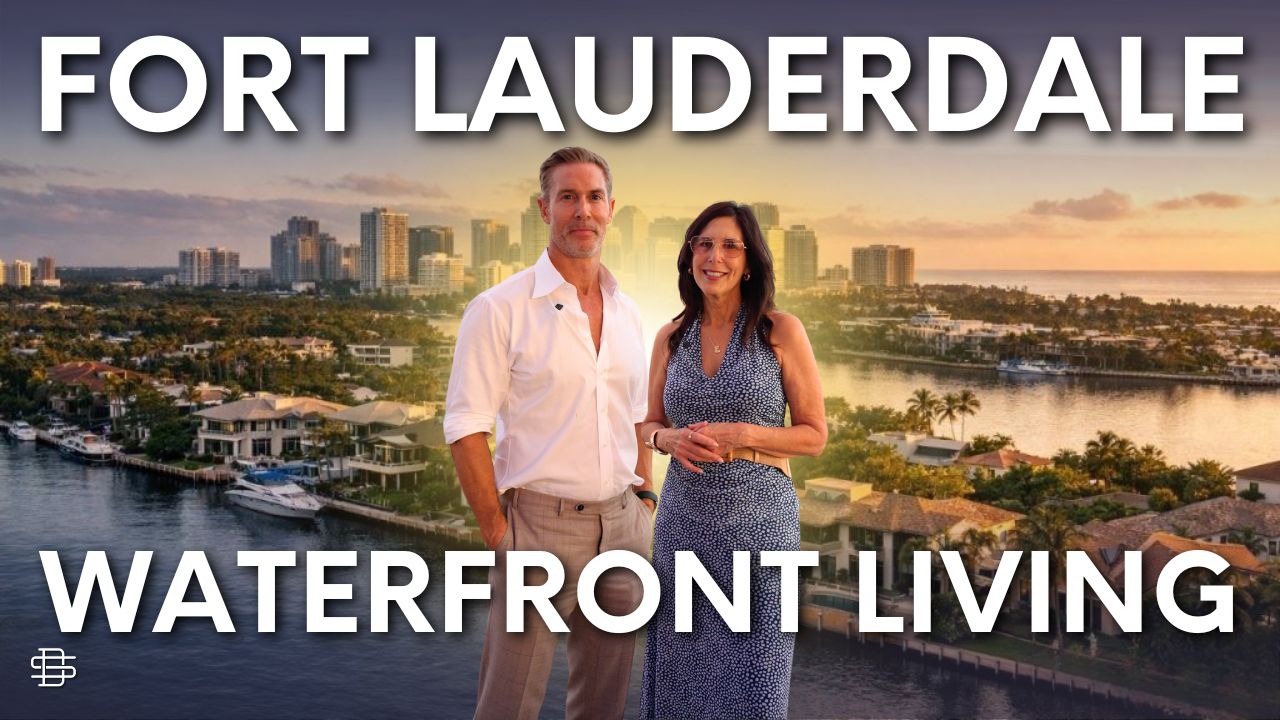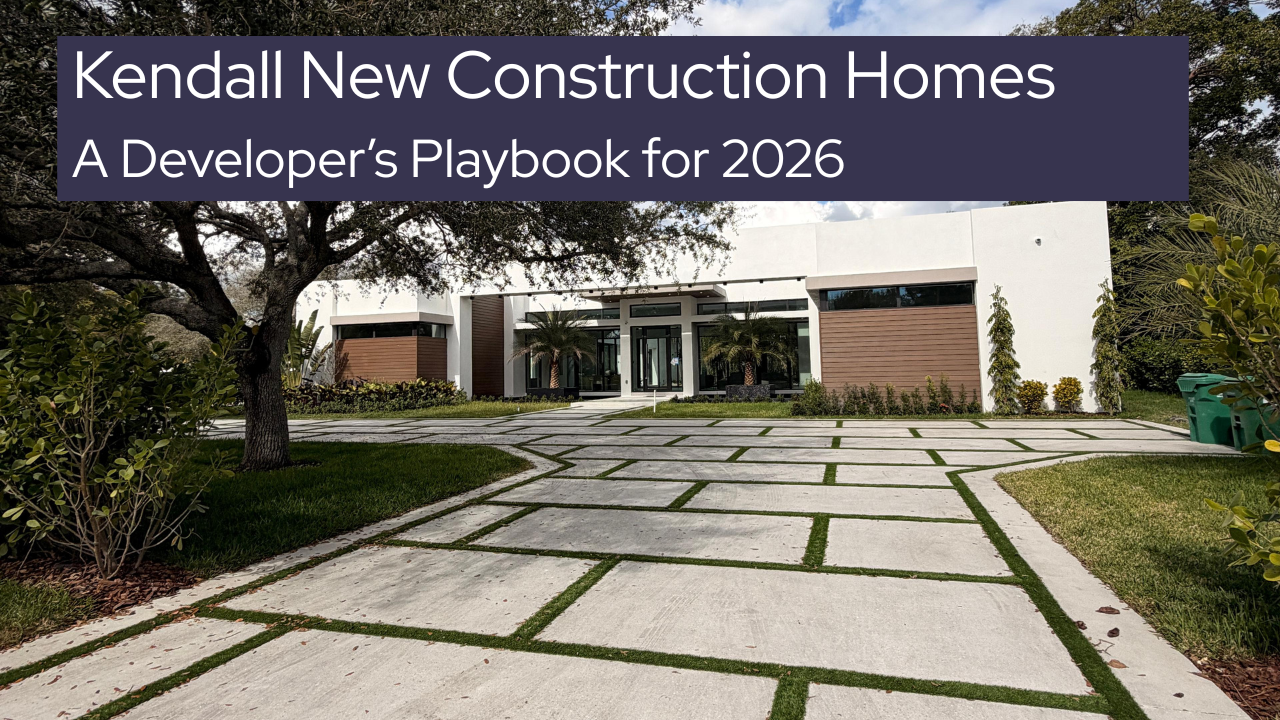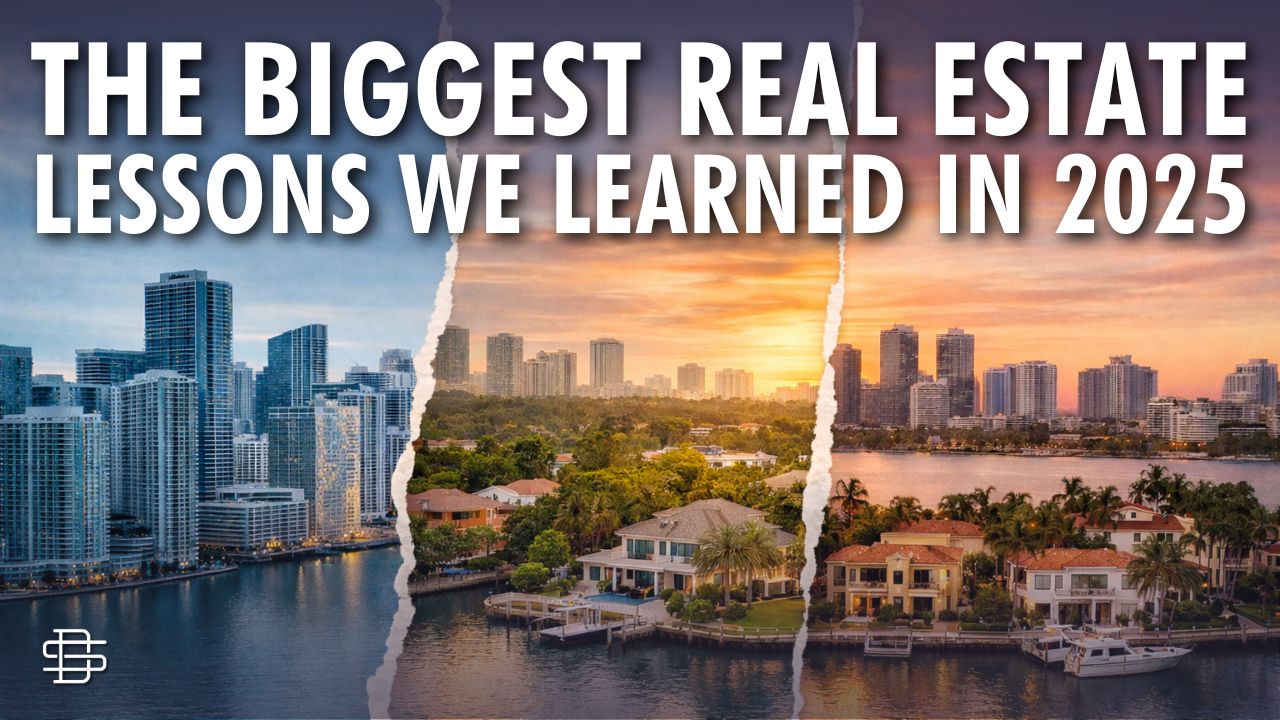
- Best of All
- Best Miami Luxury Condos
- Most popular
- Relocating to Miami
- Private Schools
- Investments
- Gated communities
- Waterfront information
- Luxury homes
- Luxury Condos
- New Construction Condos in South Florida
- Independent Pre-Construction condo reviews for Miami
- Independent Pre-Construction condo reviews for Fort Lauderdale
Miami Homeowners Insurance & Flood Insurance Insights
Insider Strategies for Buyers and Sellers
Today, it’s our privilege to welcome Hugo Garcia, Managing Shareholder at Florida General Counsel , to discuss a critical aspect of real estate: Miami Homeowners Insurance. Often overlooked but essential, we’ll explore what both buyers and sellers need to understand when navigating property transactions. Hugo specializes in legal action against insurance companies, ensuring they fulfill their obligations to policyholders.
Two years ago, Hugo joined us on the Podcast post-Hurricane Ian, where he predicted premium hikes of 200-300%. Sadly, this prediction has come true without relief in sight. Many properties left devastated by the storm still haven’t received the necessary assistance, with insurance companies failing to honor claims. Even those who’ve never filed a claim find themselves unsupported. Today, we’ll examine recent developments and discuss strategies for buyers and sellers to safeguard their interests.
South Florida Insurance Challenges: One-Sided Agreements
We’re witnessing an alarming trend of one-sided deals in the insurance landscape, where one party gains while the other loses out. Despite diligently paying their premiums, policyholders find themselves at a disadvantage when it comes to claiming coverage. Insurance companies often scrutinize every detail to avoid fulfilling their end of the agreement. Denials of coverage and inadequate payouts result in imbalanced agreements, leaving homeowners vulnerable.
In addition to facing denied claims, homeowners now bear the burden of significant attorney fees, which can amount to $100K or more. This financial strain is compounded by already substantial deductibles. Considering the average claim hovers around $250K, the exorbitant costs of legal representation may outweigh the potential benefits of challenging insurance decisions. Consequently, many homeowners are deterred from pursuing legal recourse.
In the South Florida market, insurance companies wield considerable power, effectively operating as a near monopoly. This dominance allows them to collectively set fees at similar levels across properties, further limiting homeowners’ options and exacerbating the imbalance of power.
Citizens’ Participation in the South Florida Market
Citizens Property Insurance Corporation is a government-backed insurance company. Initially, Citizens was established as the insurer of last resort, providing coverage to those who couldn’t obtain insurance from private companies or faced prohibitively high premiums. However, over time, more and more insurance companies left South Florida, at which point Citizen has transitioned into a prominent player in the market, essentially becoming a monopoly in many areas of Florida.
The Influence of Aging Properties on the Market
The growing prevalence of older properties is affecting market dynamics significantly. In particular, there is a notable increase in aging inventory, with a substantial portion of condos and homes falling into this category.
For instance, in the Tri-County area of Miami Dade, Broward and Palm Beach, there are approx. 18,000 condos.
- ∼85% is 30 years or older
- ∼11% is between 10 and 20 years old
- ∼4% is less than 10 years old
This existence of older properties is impacting various aspects of the market, including homeowner association (HOA) fees.
Increasing HOA Fees
HOA fees, especially in older buildings, have experienced a significant uptick. This trend is largely attributed to rising insurance premiums, driven by the proximity of these properties to coastal waters. Changes in legislation, mandating higher HOA budgets to address potential assessments over a 25-year period (while before this was 40 years), further exacerbate this issue. Given Miami’s coastal location, nearly all luxury condos are within a 3-mile radius of the ocean and are therefore susceptible to these regulatory changes. If a condo reaches the 25-year mark from the time of its delivery, it necessitates a major assessment, entailing considerable expenses to bring the property up to current standards.
Justifying The Miami Homeowners Insurance Rate Hikes
The increase in insurance premiums despite the absence of significant storms raises valid concerns, especially considering the significant profits some companies have reported in recent years. While it’s a business reality that profits fluctuate, the exponential growth in profits alongside substantial premium hikes can seem disproportionate and controversial. One contributing factor to this situation is the influence of lobbying efforts, where substantial financial resources are deployed to advocate for certain policies. For instance, recent changes in legislation have shifted the burden of legal fees onto clients, further complicating the situation for policyholders. Unfortunately, the lack of political intervention in addressing these issues exacerbates the monopoly-like situation within the insurance market.
These insurance companies are essentially shell companies. They collect money from premiums but often delay paying out claims. They calculate how long they can hold onto the money and figure out how much they need to pay lawyers or settle claims quietly. They know all the tricks and use them to their advantage. Even if you do everything right with your policy, these companies still prioritize making money. . With an abundance of claims and the new law requiring people to pay their own lawyer, many people give up because the process takes too long and becomes too costly.
In essence, while policyholders strive to fulfill their obligations, private insurers leverage their market dominance and knowledge to their advantage. This underscores the need for greater transparency, regulatory oversight, and accountability within the insurance industry to ensure fair treatment and protection for consumers.

Understanding the Relevance for Miami Property Owners
How does this impact me as a property owner in Miami? If your property is within the flood zone, your insurance premiums will likely keep rising unless there’s legislation to curb these increases. Additionally, if a major storm hits this year, premiums are bound to increase again. In recent years, there has been a significant 200-300% increase in premiums. Even though the upward trend can affect properties outside of flood zones as well, properties within the flood zone are affected most.
Appreciation of Homes
Additionally, properties in flood zones often experience slower value appreciation compared to those in lower-risk areas. The classification of zoning, particularly high-risk zones like AE compared to lower-risk zones like X, can significantly impact property values. For instance, homes situated in heavy flood zone can see its values decline due to insurance premiums surpassing property taxes, leading to a shift in buyer behavior. There will be a point that the home becomes uninsurable and therefore equivalent to land value.
Uninsurability
Furthermore, the inability to obtain insurance is becoming increasingly common, especially for older homes. Some of these properties are deemed too risky by insurance companies and simply cannot be insured. In these situations, the property’s worth might drop to match its land value alone, which can deter potential buyers unless they’re willing to pay in cash. Even those buyers will understand they can’t insure the property and may need to demolish it later, so they’ll only be paying for the land itself.
Self-insurance
Self-insurance is emerging as an alternative solution, where individuals set aside premiums in investment accounts instead of relying on traditional insurers like Citizens. This approach allows for greater control and flexibility, particularly for properties deemed uninsurable or facing exorbitant premiums.
Remodeling Older Homes
Despite these challenges, many homeowners in flood zone areas are opting to renovate older homes. However, it’s important to note that such renovations often do not alter the original construction date or impact insurance eligibility. Consequently, homeowners may find themselves investing substantial sums into properties that remain at risk of uninsurability in the event of a disaster.
Understanding the Relevance for Buyers
As a buyer, it is quintessential to look at in what zone the property is located in as well as the property’s age. It’s advisable to explore areas of Miami situated at higher elevations, where the risk of flooding is lower. Investing in non-flood zone areas can help protect your investment, as these properties tend to appreciate more over time. Meanwhile, those homes in flood-prone areas may face challenges in selling. Even if older homes undergo updates or renovations, there are still potential risks associated with their structural integrity, making it essential to approach such purchases with caution.
Despite newer homes typically offering lower insurance fees, it’s essential to prepare for rising costs due to their waterfront location. Most buyers in waterfront areas are aware of this reality and consider it a worthwhile trade-off for the unique benefits of the location. As long as you’re cognizant of the situation and understand the associated risks, you can make a decision based on what matters most to you.
Challenges in the Condo Market
If you own an older condo, particularly if you rely on a fixed income, it’s crucial to understand that the situation is unlikely to improve. Costs are projected to increase, and selling your property may become more challenging as prospective buyers become aware of rising HOA fees. If you’re considering selling, it may be prudent to do so sooner rather than later.
Advice for Buyers
Buyers should also be mindful of the circumstances. What appears affordable now may end up being costly if you only consider the condo’s initial price. Please thoroughly assess your potential purchase, including upcoming assessments, property management, HOA fees, and other relevant factors.
Foreclosure Trends Impacted by Insurance Crisis
The upcoming wave of foreclosures will be strongly influenced by the insurance crisis. As costs rise rapidly, many people won’t afford to pay anymore. Even owners of multimillion-dollar properties may stop paying their mortgages deliberately, allowing the bank to sell the assets. For instance, if you owe $3 million on a property worth $7 million (equity of $4 million), you might let the property be sold to clear the mortgage. Then, if the property sells for, say, $7 million at foreclosure, after clearing the mortgage and fees, the homeowner can claim the surplus. This strategy of not paying mortgages involves a whole business behind it and people will take advantage of this.
In Miami-Dade County, significant efforts have been made to prepare for floods, leading to a notable achievement recognized by the government. As a result, residents there are eligible for reduced flood insurance rates, akin to a special benefit. This recognition stems from the county’s advancement by two levels in flood preparedness. As a result, approximately 3.6 million individuals, will benefit from lower insurance premiums.
While it’s great news that there’s a discount now, it’s important to remember that these costs can change, especially if there’s a disaster. Sometimes, after disasters, insurance costs can go up again. So, while it’s good to enjoy the lower rates, it’s also wise to be prepared for the possibility that they might increase again in the future, especially if there’s a big flood or other disaster.
Conclusions
In conclusion, the insurance landscape has become increasingly challenging over the past year, and unfortunately, it’s unlikely to improve. When considering a purchase, it’s crucial to recognize the inherent risks involved. The real estate market operates under various pressures, and addressing these issues can be daunting for buyers. Realtors may hesitate to touch these topics as they prioritize sales. However, there are quality products available that circumvent these industry challenges. For those grappling with difficulties, these obstacles will likely only intensify.
Feel free to ask me any questions—I’m here to provide insights. My business is founded on the principle of empowering individuals to make informed decisions and fostering transparency within the industry. I hope this discussion has shed light on the complexities of the real estate landscape and the limitations of insurance. Take a close look at your contracts and proceed with caution when buying, or consider selling before it’s too late.
Schedule a Call with the David Siddons Group
FAQ
These are the most commonly asked Google Real Estate Related questions
1. What are the Current Best New Condos in Miami?
If you want to hear in more details our opinions on the best new Miami new construction condos. Please read this article:Best New Construction Condos 2022-2023.
2. What is the best New Construction Condo in Fort Lauderdale?
In our opinion, the Residences at Pier Sixty-six are certainly the most interesting and unique. Already well underway this 32 Acre project will be home to the first of its kind Marina where owners will be able to anchor up vessels up to a staggering 400 ft! For specifics of this project see our independent review of this project.
3. How can I compare the new luxury construction Condos to the best existing Luxury Condos in Miami?
Our Best Luxury Condos in Miami article will prove to be very useful to those looking to compare the existing to the new. You may also want to watch this video which shows the performance of the best Condos in Miami over the last 15 years!
Please fill in your details and David Siddons will contact you
- Get our Newsletter
- Subscribe
- No Thanks
Get the latest news from Miami Real Estate News
Edit Search
Recomend this to a friend, just enter their email below.
 COMPARE WITH CONDOGEEKS
COMPARE WITH CONDOGEEKS



























